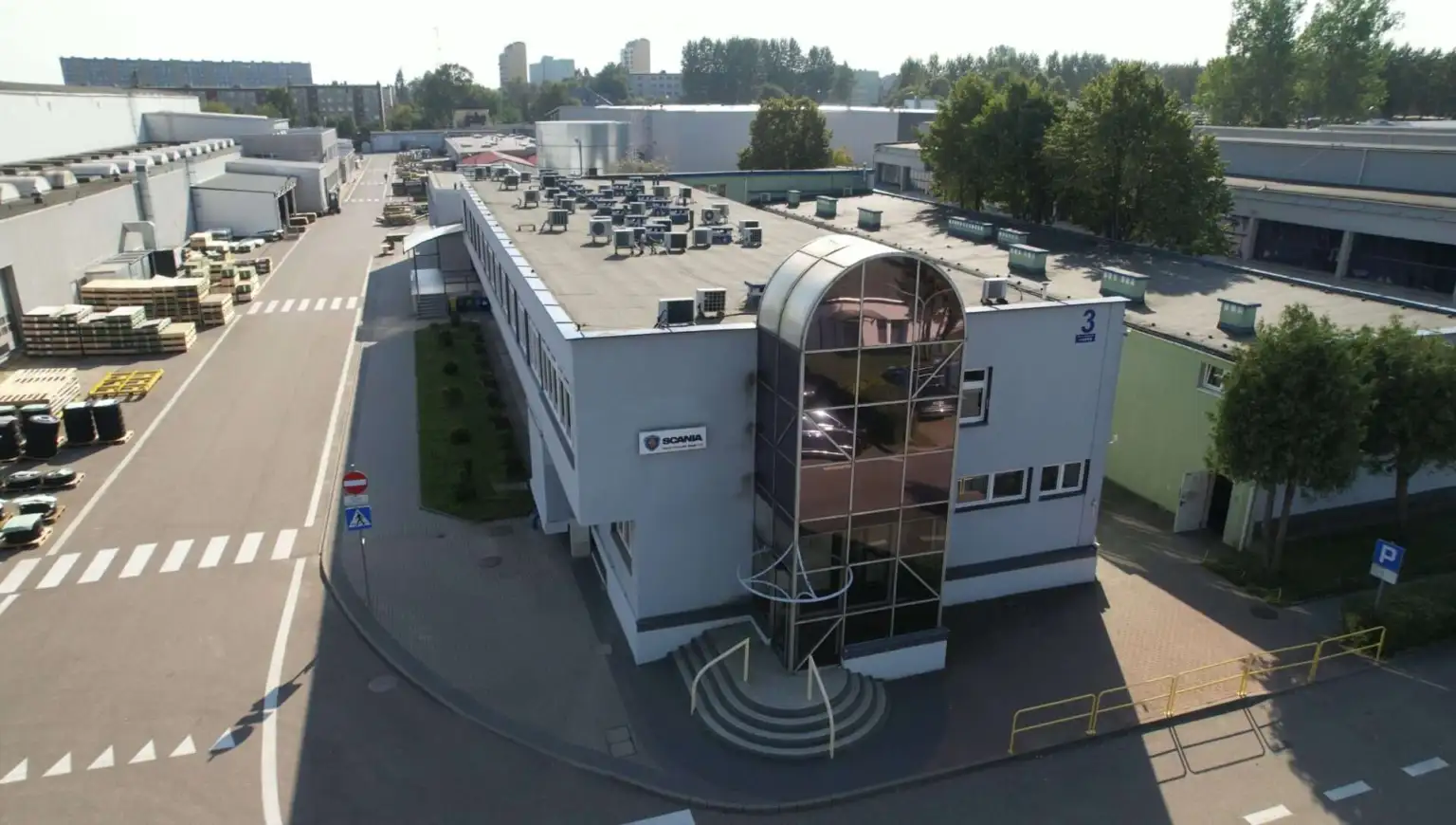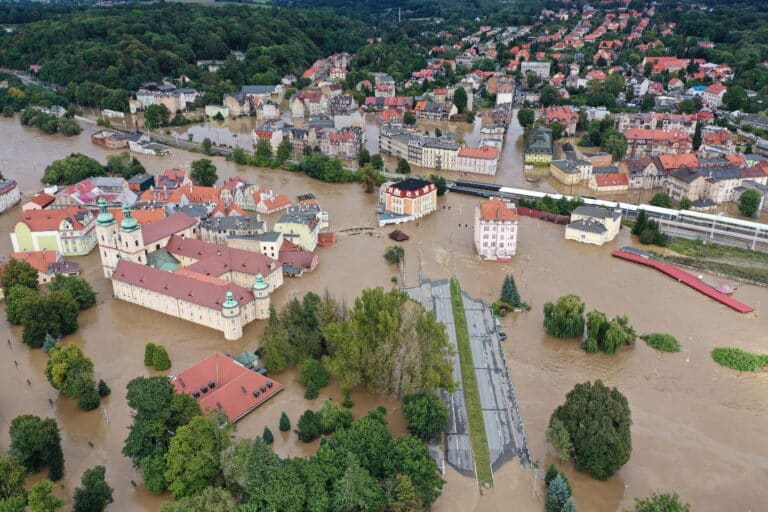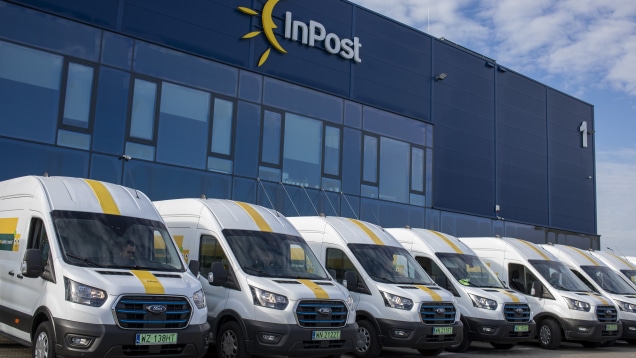Scania puts Słupsk production facilities up for sale
Scania’s plant – an investment area of almost 11 hectares, production and storage halls, office and social buildings – has been put up for sale, with the new owner able to start operating the site as early as the third quarter of 2024.
Scania’s Slupsk plant has been an integral part of the Pomeranian industrial landscape for many years. However, as a result of restructuring and changes in the Scania Group’s development strategy, it has been decided to phase out bus production by the end of Q1 2024. This means that the Grunwaldzka Street site will be available to new investors, as will the factory’s large human potential.
Slupsk has become a symbol of the region’s industrial potential, especially thanks to the Scania plant. Bus assembly started here in March 1994. Two years later, bus chassis production was added. In 30 years, more than 10,000 buses have left the plant. Scania has not only provided jobs for Slupsk and the surrounding area, but has also shaped the local industrial identity.
The last completed bus will leave the plant in January 2024, but Scania is not leaving the region completely. The company will continue to invest in bus chassis production in nearby Kobylnica.
The closure of the plant will be a challenge for the local community, but it also has the potential to open a new chapter in the town’s economic development. With the decision to close the plant, Scania is giving away its modern infrastructure. The site covers a total area of 10.88 hectares. It includes production buildings, warehouses with a total capacity of 7,500 pallets, a paint shop and space for a mini-clinic. All the buildings are electrified, with a compressed air network and independent generators. The site also has a paved parking area for finished products, lorry and car parking. The representative main office building of more than 2,300 sq m is equipped with 85 workstations, and the total capacity of the office workplaces spread over several buildings is more than 150 people.
Along with bus production, Scania’s 700-strong workforce will also be relocated. These are skilled technicians, fitters, mechanics, service technicians, engineers, as well as economic and strategic specialists. Sixty Pomeranian companies have already expressed an interest in hiring some of these workers, showing that there is a demand for people with these skills in the local market.







